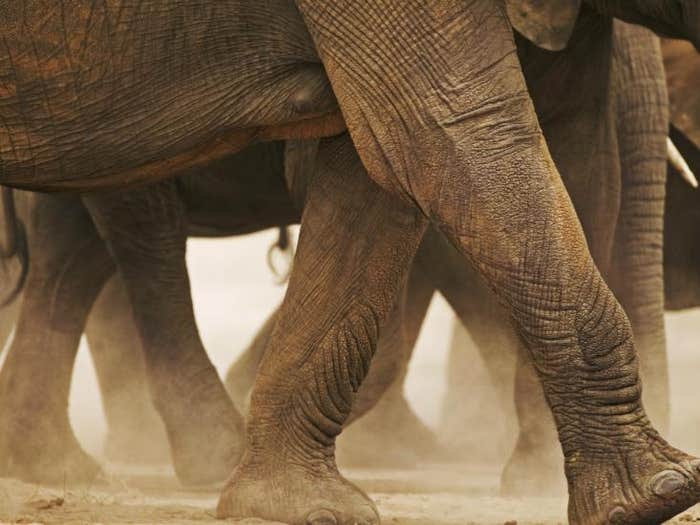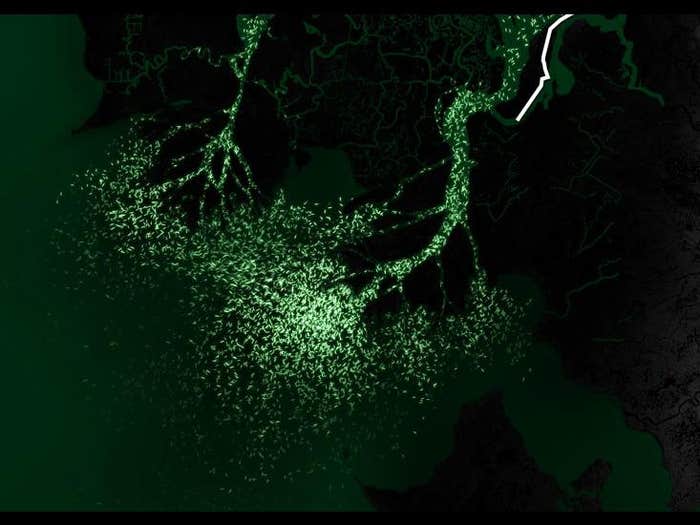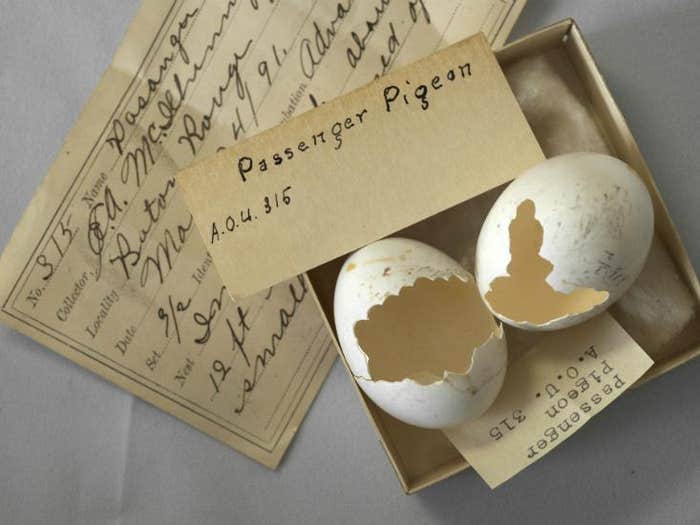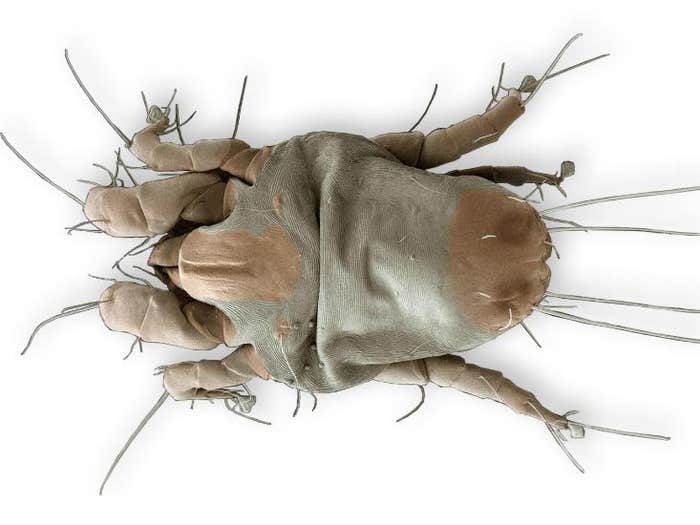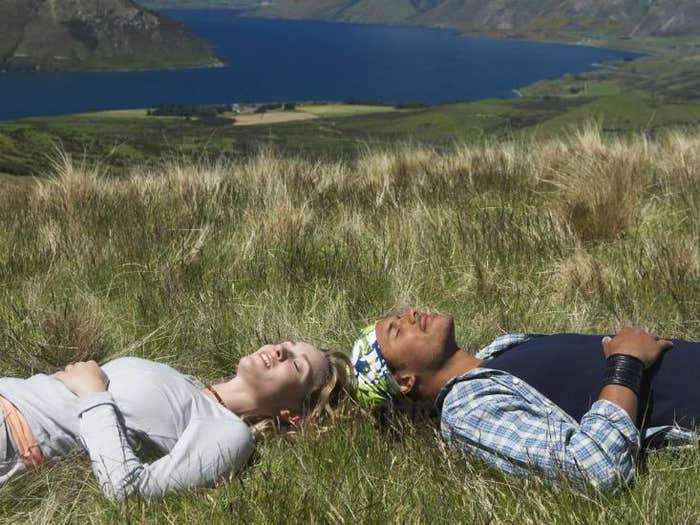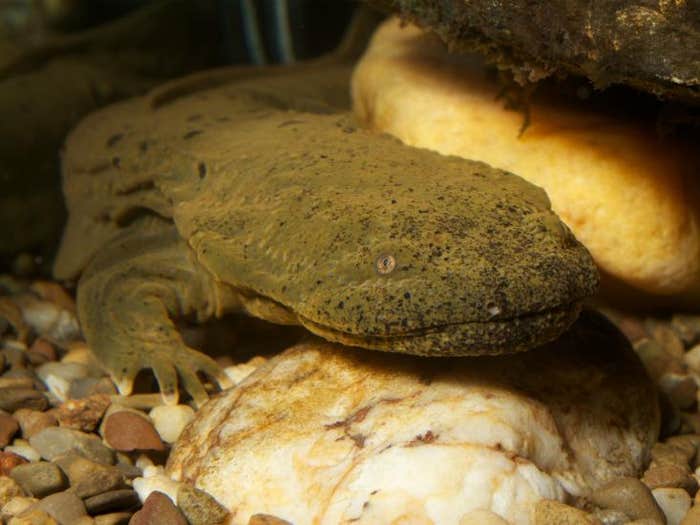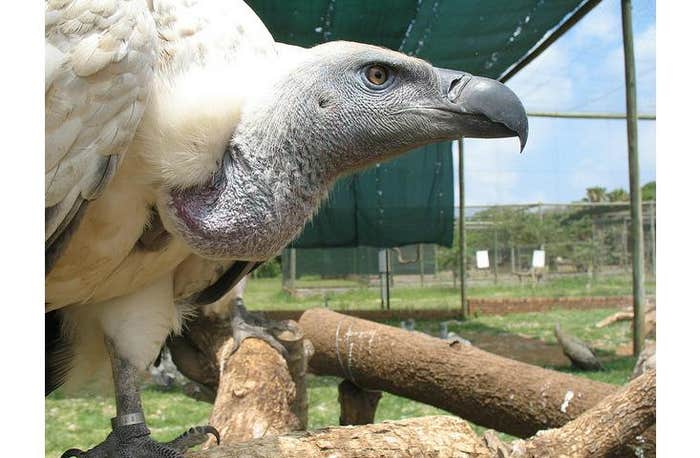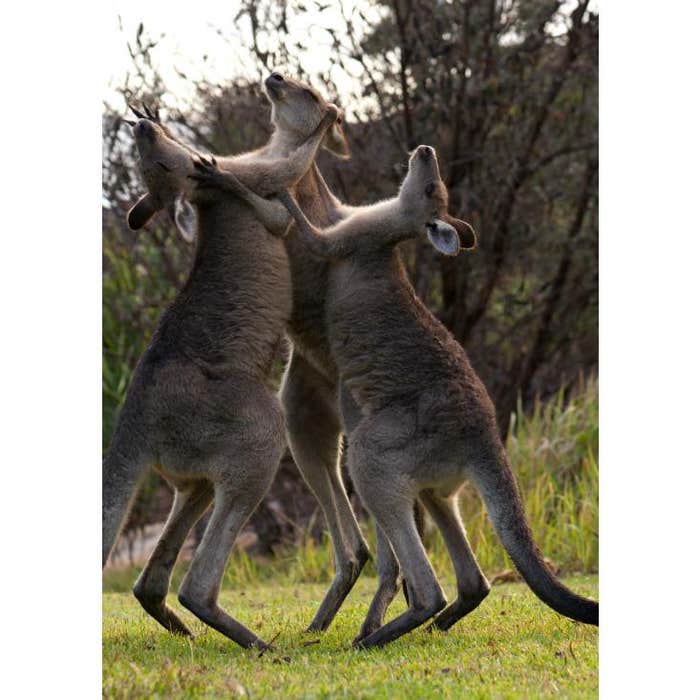Issue_101
20 articles-
Seeing Electricity, Hearing Magnetism & Other Sensory Feats
For elephants, feet are sensory organs.Martin Harvey, Getty Images Nautilus Members enjoy an ad-free experience. Log in or Join now . It’s pretty obvious that dogs have sharper ears and cats a keener sense of smell than we do. But as powerful these senses are, they are merely keener versions of the ones we humans […] -
Humans & Nature Can Co-Exist in “Cyborg” Ecosystems
An illustration showing how dirt-filled PodMod containers would drift out of the Mississippi DeltaBradley Cantrell, Charlie Pruitt, Brennan Dedon, Rob Herkes Nautilus Members enjoy an ad-free experience. Log in or Join now . Some people gaze at the Mississippi River and see the majesty of nature: a mighty waterway that carved a path through our […] -
To Bring Back Extinct Species, We’ll Need to Change Our Own
Passenger pigeon eggs at the Maine State MuseumBrandon Keim; displayed courtesy of Paula Work, registrar & curator of zoology at the museum Nautilus Members enjoy an ad-free experience. Log in or Join now . The last passenger pigeon died just over a century ago, though they’ve lived on as symbols—of extinction’s awful finality, and also […] -
A Holiday Guest Is Leaving Dangerous Poop in Your Couch
We have long known that we can catch germs while traveling. Recent years have shown that we can also bring home bed bugs. This holiday season, a PLoS One study informs us that by merely plopping into the seat of a car or airplane, we can unknowingly pick up dust mites—microscopic 8-legged arthropods that eat […] -
Take Two Hikes and Call Me in the Morning
Nautilus Members enjoy an ad-free experience. Log in or Join now . One hundred sixty years ago, Henry David Thoreau published his magnum opus, Walden. In it he detailed his time spent living alongside nature in a cabin adjacent to Walden Pond. In one of the book’s emblematic lines, Thoreau wrote, “We can never […]
-

Art Is Long, Science Is Longer
My years surveying trees in the Amazon taught me the forest is unknowable.
-

Art Is Long, Science Is Longer
My years surveying trees in the Amazon taught me the forest is unknowable.
-

The Queen of the Cumberland River
When I traveled south to research fire ants, I discovered a different kind of hive.
-

Don’t Write Off ET Quite Yet
It’s true that we haven’t seen alien life, but neither have we seen much of the universe.
-
Biologists’ Clever Way to Detect Animals They Can’t Find
A hellbender at the National Zoo in WashingtonBrian Gratwicke via Flickr Nautilus Members enjoy an ad-free experience. Log in or Join now . Wildlife doesn’t get much weirder than the hellbender, a frilly, crayfish-gobbling salamander, about the length of a baby alligator, whose bizarre aliases include “snot otter,” “devil dog,” and “grampus.” The giant amphibian […] -
Where Endangered Vultures Go for a Healthy, Rotting Meal
A young, captive Cape vultureChelsea Biondolillo Nautilus Members enjoy an ad-free experience. Log in or Join now . The sun is hot and high over Hartbeetspoort, South Africa, the air thick with humidity and flies. On the dirt in front of us are the remains of three cows. Bridgette Cahill asks, “Ready to get […] -
What to Eat After the Apocalypse
Engineer Joshua Pearce explains how to feed 7 billion people after a global catastrophe. -
Animals Just Wanna Have Fun
Perched on the edge of a snowy slope, the youngster drops a small, makeshift sled at his feet. He steps onto it and glides down the incline, struggling to keep his balance. When the sled slows to a stop, he picks it up and trudges back up to the top for another go. Again and […] -
Art Can Show Us What’s Wrong With Our Planet
An ice book destined to melt into the Great Miami River in Dayton, Ohio (2012).Basia Irland Nautilus Members enjoy an ad-free experience. Log in or Join now . Earth is on the brink of a mass extinction—the first in 66 million years, and it’s caused primarily by human activity. Scientists first detected this epochal event by calculating […]















